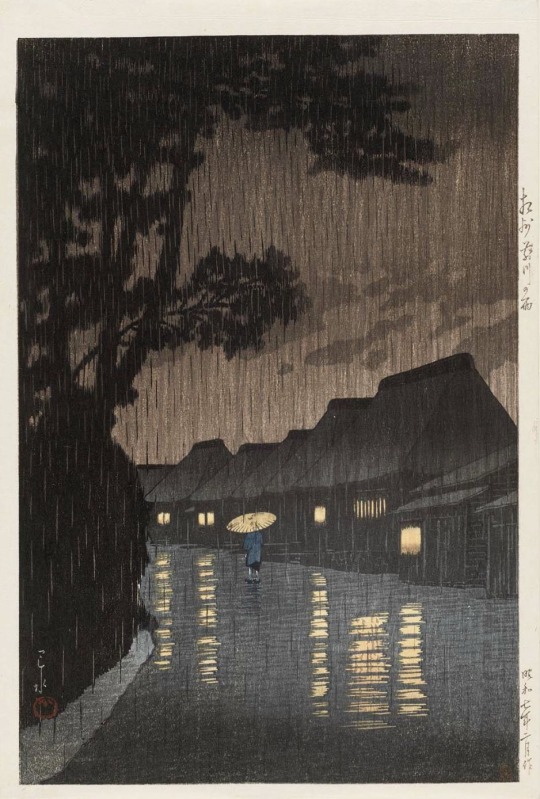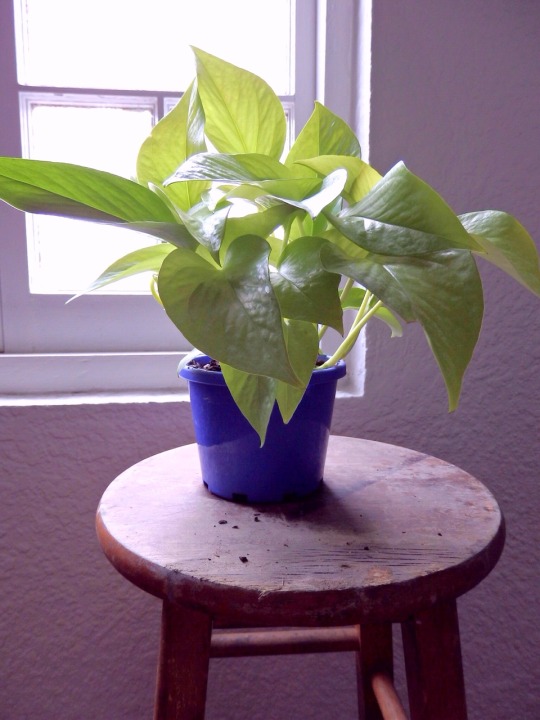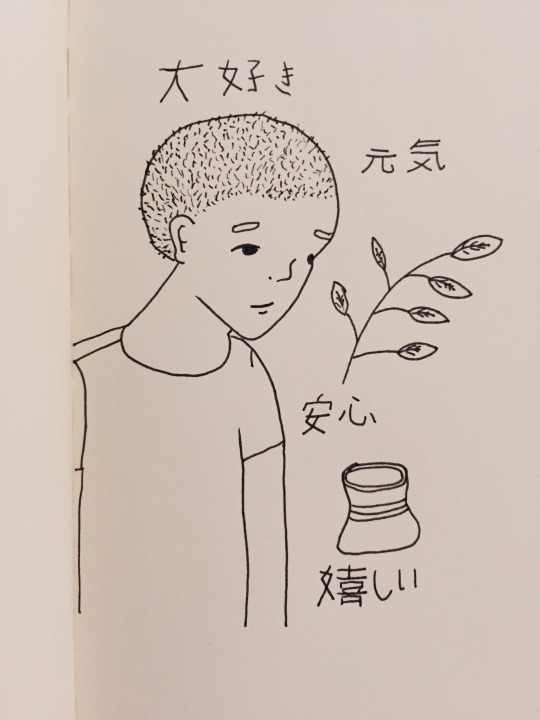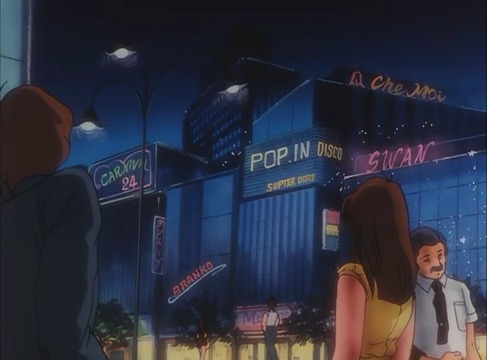Don't wanna be here? Send us removal request.
Text
What I miss about my last relationship is not the person, necessarily. It’s not anything romantic or exciting like the feeling of being madly in love, and we weren’t madly in love anyway. It’s not our first kiss, it’s not the first time he said I love you. It’s the mundane, the everyday things. It’s the comfort that comes with spending so much time with another person. It’s nicknames and made-up words, and silly inside jokes. It’s laughing when you fart. So much laughing. Laughing together about anything. It’s wanting to hear every boring detail of someone’s day, and getting to share every boring detail of your own. Sometimes it’s not talking at all, but just being next to each other. It’s the loss of these simple things that I mourn the most, from the other side of the world, when I’m alone on the train.
3 notes
·
View notes
Text
Essential Japanese phrases:
“I can understand what you’re saying.” - “あなたの言ってる事わかります” (”anata no itteru koto wakarimasu”)
“I can see you’re taking a photo.” - “あなたが写真を取っている見ます” (anata ga shashin o totteiru mimasu”)
2 notes
·
View notes
Text
There’s nothing like a first date to make you completely question your existence.
2 notes
·
View notes
Photo

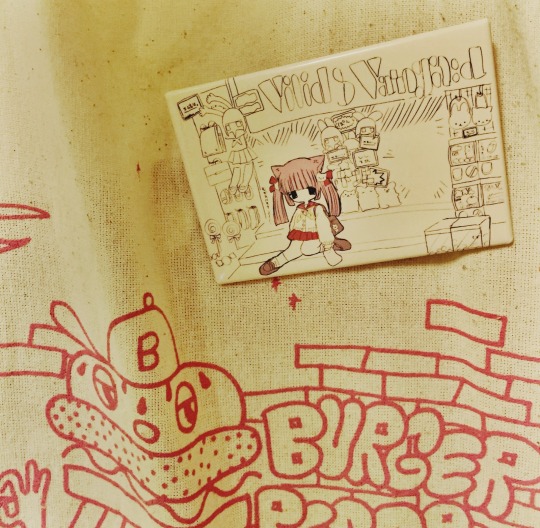
got this sweet lil button in Shimokitazawa today to add to my favorite tote bag <3
3 notes
·
View notes
Link
hello, beautiful followers. tomorrow I’m moving to Japan for a year! I’ve started a new blog for my personal photos, drawings, thoughts, etc. I’ll still keep this blog, of course, but feel free to follow my other blog if you’d like to see some of my year in Japan!
見てください !
0 notes
Photo
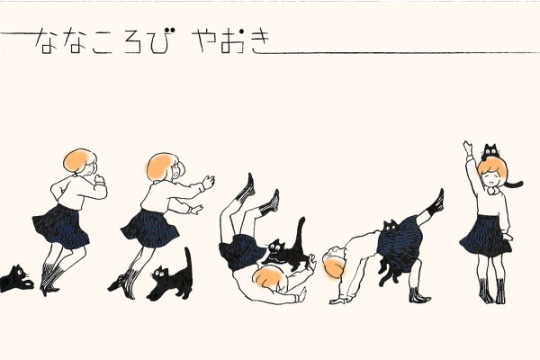
Kyouka “Vicissitudes of life”
「ナナコロビ ヤオキ」/「きょうか」のイラスト [pixiv]
3K notes
·
View notes
Text
Every language has its “schadenfreude”s, it’s untranslatable words and phrases, more often than not indicative of some aspect of its culture. When learning a new language, you may become empowered with the ability to name new things that you couldn’t before. You can learn to name and avoid the 痴漢, chikan, on the rush hour train, or to remark しょうがない, shō ga nai, when something just isn’t going your way. But you may also sometimes find yourself at a loss, unable to fully express some important sentiment. There is no perfect way to say “I miss you” in Japanese. Not in the way that I seem to want to, at least. “I miss you,” “I missed you,” “I will miss you,” I struggle to express these sentiments in Japanese. When you’ve spent some time apart from a lover, you can say あいたかった, aitakatta, “I wanted to see you.” Or you can say さびしかった, sabishikatta, “I was lonely (without you).” But to me, neither of those things explains what it really is to miss someone. Because you can miss someone without being lonely, you can miss someone without really wanting to see them, because you know that you’re both where you need to be.
I have no good way to say “I’ll miss you,” because I’m leaving and you’re staying here. But that’s exactly as it should be, because I need to leave and you need to stay, and I wouldn’t want anything other than that to happen. And I’m happy, but I’m sad. I’ll miss you.
2 notes
·
View notes
